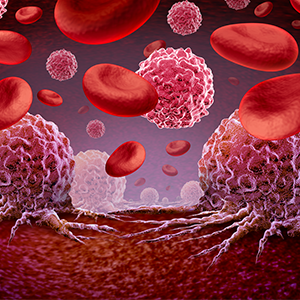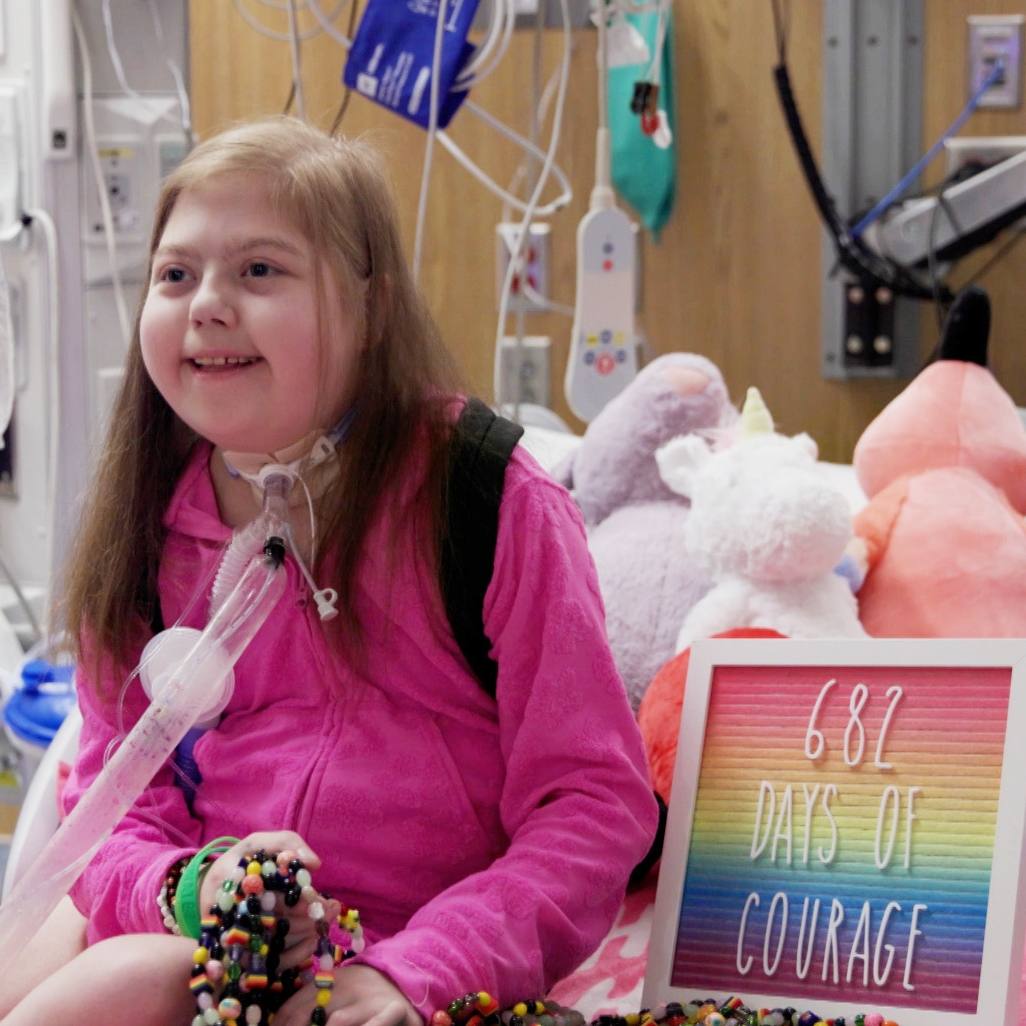
Many people may be living with a serious heart condition and not know it. Because the signs and symptoms of atrial fibrillation can be vague, people often think they are simply out of shape or just getting older.
Atrial fibrillation, sometimes referred to as "a-fib", is an irregular and often rapid heartbeat that can increase the risk of strokes, heart failure and other cardiac problems. During atrial fibrillation, the heart's two upper chambers — the atria — beat chaotically and irregularly, and out of coordination with the two lower chambers — the ventricles. Atrial fibrillation symptoms often include heart palpitations and shortness of breath.
Treatments for atrial fibrillation can include medications and other interventions that try to alter the heart's electrical system.
"Patients really do feel tremendous improvement in their quality of life when we keep them in normal rhythm," says Dr. Christopher DeSimone, a Mayo Clinic cardiologist who specializes in cardiac electrophysiology. On the Mayo Clinic Q&A podcast, Dr. DeSimone discusses symptoms, diagnosis and treatment of atrial fibrillation.
Watch: Dr. DeSimone discuss atrial fibrillation
Read the full transcript.
____________________________________________
For the safety of its patients, staff and visitors, Mayo Clinic has strict masking policies in place. Anyone shown without a mask was recorded prior to COVID-19 or recorded in an area not designated for patient care, where social distancing and other safety protocols were followed.
Related Articles







